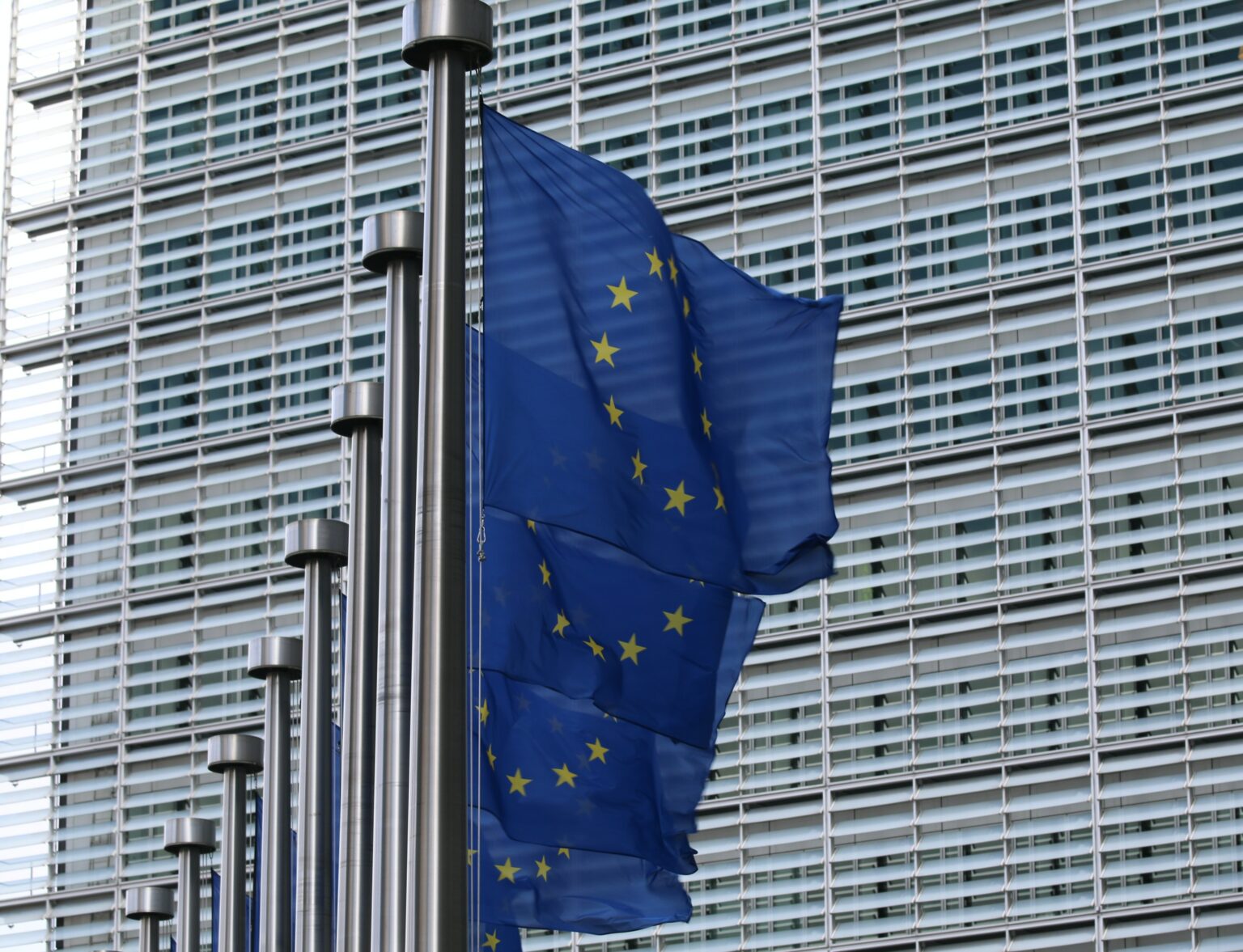In a significant stride towards decarbonizing the EU’s energy sector, Members of the European Parliament (MEPs) and the Spanish Presidency of the Council have reached a consensus to facilitate the integration of renewable and low-carbon gases, including hydrogen, into the EU gas market.
This collaborative effort aims to bolster the production of sustainable gases and hydrogen while ensuring their seamless integration into the broader European energy networks.
Key Goals of the New Standard:
- Decarbonization Drive: The primary objective is to accelerate the decarbonization of the EU energy sector by fostering the production and integration of renewable gases and hydrogen.
- Energy Security: The framework is designed to contribute to guaranteeing energy supply, enabling Europe to address climate change challenges and mitigate risks associated with disruptions in gas flows, such as those stemming from geopolitical tensions, notably the Russian aggression against Ukraine.
- Price Transparency and Consumer Rights: The negotiations emphasize ensuring price transparency and the right of consumers to be well-informed. The goal is to prevent energy poverty during the transition and support vulnerable consumers. Clear and fair prices for renewable and low-carbon gas are highlighted, aligning with the commitment to consumer protection.
Key Features of the Agreement:
- Obligation to Prevent Disconnections: Member States will be obliged to implement measures to prevent energy disconnections, reinforcing the stability of energy supply during the transition.
- Legal Separation and Exceptional Cases: Member States will need to decide on the possible coexistence of hydrogen, natural gas, and electricity network operators within the same company. The directive proposes a legal separation but allows for exceptions based on a cost-benefit analysis of public access.
- Boost for the Emerging Hydrogen Sector: The decision is expected to stimulate the growth of the emerging hydrogen sector and facilitate the transition of the gas sector towards renewable energies. It also establishes rules for consumer protection and strengthens the security of energy supply.
While the agreement marks a significant milestone, the Directive must receive approval from the Parliament and the Council to become law. The Industry, Research, and Energy Commission will play a crucial role as they prepare to vote on the file in an upcoming meeting.
As Europe pushes forward with its commitment to clean energy and sustainability, this standardized approach sets the stage for a more resilient, transparent, and consumer-centric energy landscape.





